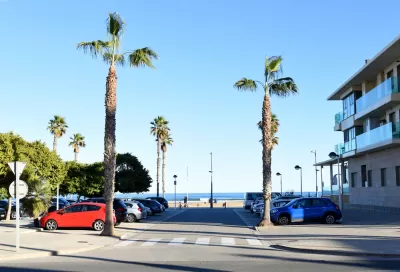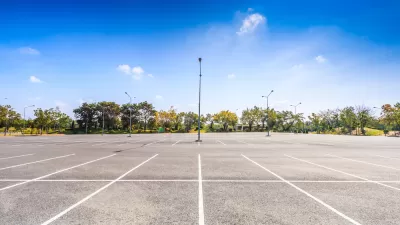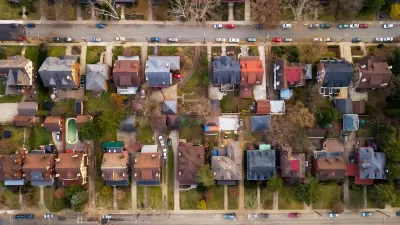The city’s decision to reinstate parking requirements for housing developments will likely slow the recent boom of ‘missing middle housing’ construction.

While other cities are moving to eliminate minimum parking requirements, Miami recently took a step in the other direction, requiring developers to adhere once again to parking minimums and removing city planners’ ability to issue waivers for projects located near transit.
According to Henry Grabar, writing in Slate, the 4-1 vote by the City Commission happened in a “peculiar fashion” and in opposition to the planning board’s 9-2 vote to keep the parking requirement suspension in place: “There was no study, no official rationale, and no sponsor who wanted to take credit.” Now, “Each new Miami apartment will once again be required to come with 1.5 parking stalls, rounded up, whether residents want them or not. The cost of building those spaces, spread across fewer units, will wind up raising rents—if the law doesn’t kill off projects altogether.”
Whatever the reason for the Commission’s decision, Grabar writes, “The decision will likely mark the end of Miami’s boomlet of ‘missing middle’ housing—the small buildings on small lots by small developers that have begun to densify and enliven the city’s core neighborhoods—and provide a cheaper alternative to most new construction.”
“[F]or the smaller players whose projects filled in vacant lots in the city’s core neighborhoods, the risk of waiting a year just to have an idea turned down may simply be too great.”
FULL STORY: How Miami Decided Parking Is More Important Than Housing

Alabama: Trump Terminates Settlements for Black Communities Harmed By Raw Sewage
Trump deemed the landmark civil rights agreement “illegal DEI and environmental justice policy.”

Planetizen Federal Action Tracker
A weekly monitor of how Trump’s orders and actions are impacting planners and planning in America.

The 120 Year Old Tiny Home Villages That Sheltered San Francisco’s Earthquake Refugees
More than a century ago, San Francisco mobilized to house thousands of residents displaced by the 1906 earthquake. Could their strategy offer a model for the present?

Opinion: California’s SB 79 Would Improve Housing Affordability and Transit Access
A proposed bill would legalize transit-oriented development statewide.

Record Temperatures Prompt Push for Environmental Justice Bills
Nevada legislators are proposing laws that would mandate heat mitigation measures to protect residents from the impacts of extreme heat.

Downtown Pittsburgh Set to Gain 1,300 New Housing Units
Pittsburgh’s office buildings, many of which date back to the early 20th century, are prime candidates for conversion to housing.
Urban Design for Planners 1: Software Tools
This six-course series explores essential urban design concepts using open source software and equips planners with the tools they need to participate fully in the urban design process.
Planning for Universal Design
Learn the tools for implementing Universal Design in planning regulations.
Clanton & Associates, Inc.
Jessamine County Fiscal Court
Institute for Housing and Urban Development Studies (IHS)
City of Grandview
Harvard GSD Executive Education
Toledo-Lucas County Plan Commissions
Salt Lake City
NYU Wagner Graduate School of Public Service





























